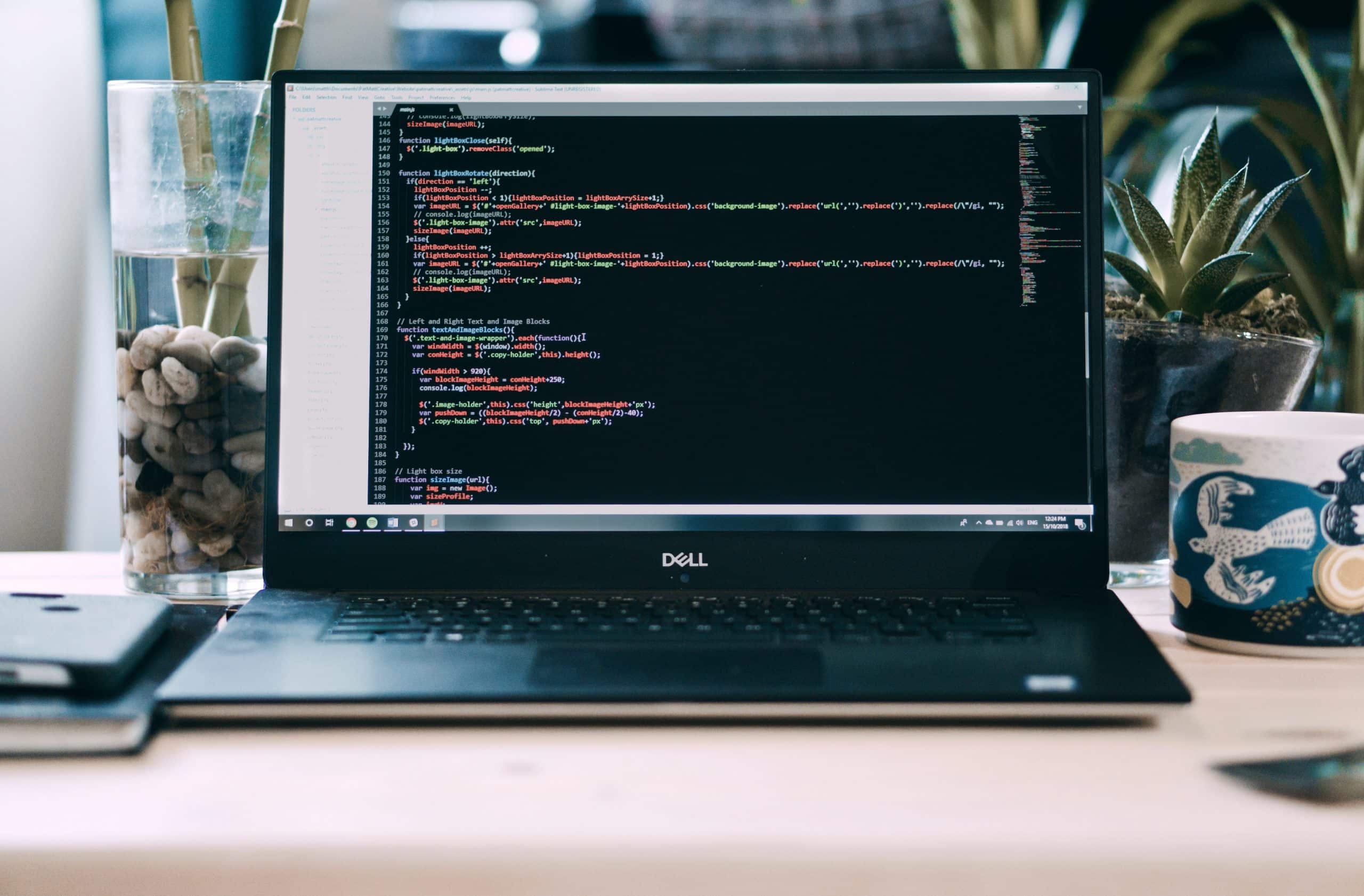Categorie: LISS panel
-

Perceptions of Inequality and Fiscal Policy Preferences
The aim of this study is to improve our understanding of citizens’ perception of inequalities in two specific ways: i) by documenting whether citizens hold accurate beliefs about wealth and income inequality (including their own relative position) and how they perceive the role of merit and luck play in determining such inequality, and ii) by…
-

The division of cognitive labor in the household and its implications for health and labor market outcomes
Cognitive labor is an underexplored yet potentially influential dimension of household labor. It refers to a host of mental household tasks, pertaining to the anticipation of needs, identification of options, decision-making, monitoring and management. These cognitive tasks are often invisible to people who perform them and to other family members, have less clear temporal and…
-

The Bridging Power of Civic Organizations and Neighborhoods
Segregation is a pervasive phenomenon that limits intergroup contact and may undermine social cohesion, reinforce inequalities, and give rise to polarization. Our data collection aims to advance our understanding of (the drivers of) social segregation in two different settings – civic organisations and neighborhoods – to identify opportunities and obstacles for intergroup contact. Firstly, we…
-

Greener than others? Misperceptions about relative pro-environmental engagement and their impact on climate action
Individuals’ behaviors are causing environmental problems and behavioral change is needed to mitigate these problems. Recent research suggests that the majority of people have a biased perception of their pro-environmental engagement, namely they see themselves as “greener” than others. It has been speculated that this bias inhibits people from taking further pro-environmental actions. Yet, research…
-

Common Ground or Battleground? Public Perceptions of Bias in Impartial Institutions
The legitimacy of impartial institutions, such as the judicial system, law enforcement, and educational institutions, is pivotal to the proper functioning of democratic society. Yet, in public debate such supposedly impartial, a-political institutions are portrayed as politically biased: ‘the tax service is racist’ and ‘universities practice left-wing indoctrination’. In other words, these institutions are perceived…
-

Preferences for income redistribution
In democracies the views of the voting population ultimately determine important policies, such as income redistribution. Recent trends in income inequality, migration and inter-generational mobility motivate a new wave of attention for preferences for income distributions and redistribution. The research in this proposal presents an innovative next step in our understanding of both the measurement…
-

Validly measuring political trust
The societally highly salient issue of political trust is studied intensively in political science. However, widely used measures of political trust do not reflect its multidimensional nature. We propose to develop and empirically validate a novel measure of political trust incorporating its four key dimensions – competence, care, accountability, and reliability. We do so for…
-

Knowing it, is loving it? How information provision on the EU influences EU attitudes
Euroscepticism features prominently in societal and scholarly debates. Following the adage to know it is to love it, educating the citizenry about the European Union (EU) is often assumed to dampen such negative EU attitudes. As the EU is vast and complex and people are generally ill-informed about it, the so-called information deficit model indeed…
-

A more realistic view on vaccination decisions
Experts claim that vaccination is the most effective tool to combat infectious diseases, like COVID-19. Vaccination not only protects the vaccinated person; it also indirectly protects unvaccinated people if enough people are vaccinated. However, do people consider this or do they vaccinate themselves only out of self-interest? Recent research has shown that pro-social motivations (e.g.,…
-

Assessing Mobile Instant Messenger Networks with Donated Data
Although Mobile Instant Messenger Services play an increasingly important role in social and political participation of citizens and the spreading of information, we know surprisingly little about these networks. Most research on social media focuses on “traditional” social media platforms such as Twitter and Facebook, because in contrast to MIMSs, data from these platforms are…